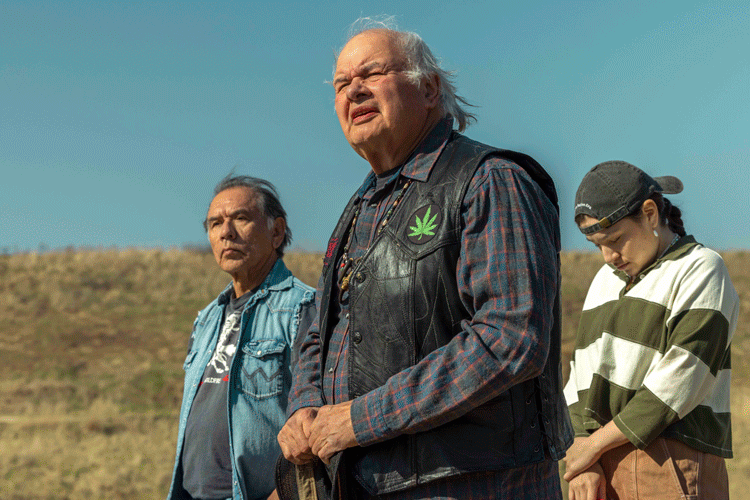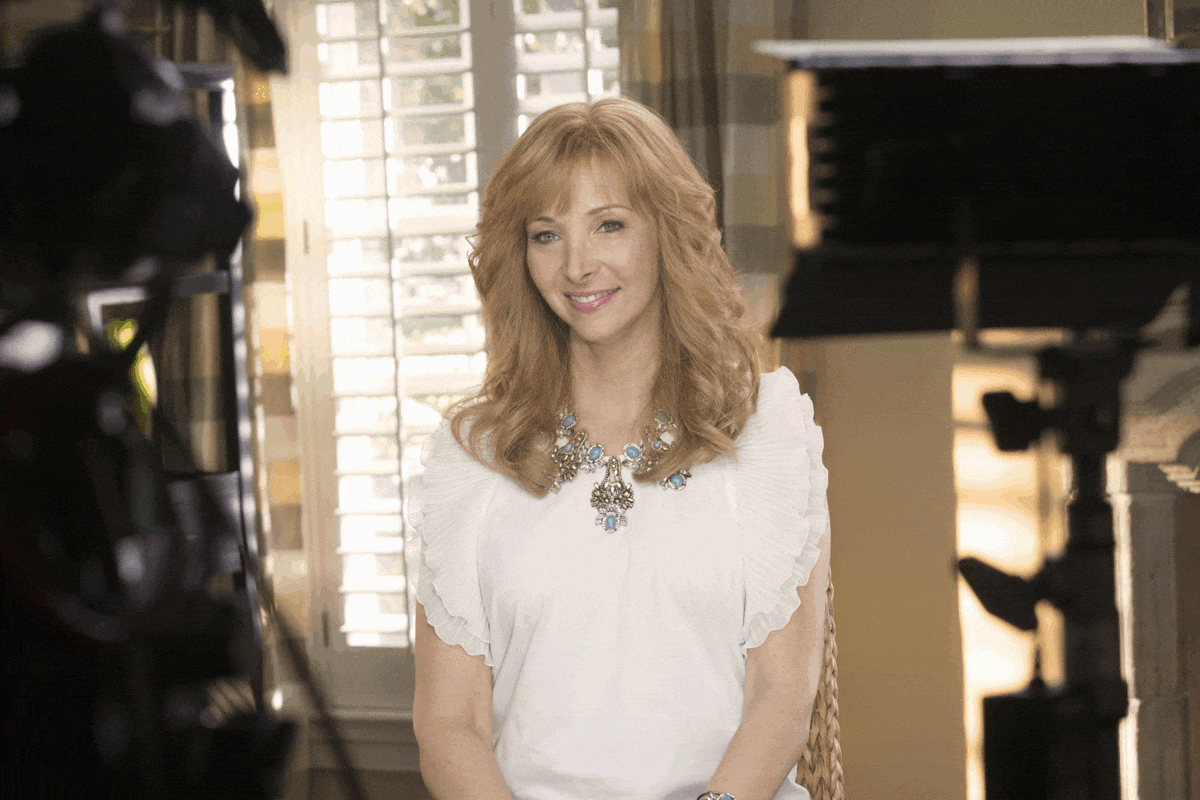OFFBEAT HUMOR OF ‘JOE BASH’
- Share via
Try catching “Joe Bash” before it goes off the air, probably forever. You may not like it, but you won’t forget it.
There’s nothing on TV quite like jolting “Joe Bash.” What a half hour, at 9:30 p.m. Fridays on ABC (Channels 7, 3, 10 and 42). What a bracing, offbeat, minor-key, wonderfully screwball series.
“The show came out to be sort of strange,” its creator, Danny Arnold, said the other day while taping the last of six “Joe Bash” episodes that he agreed to supply the network.
“ABC said, ‘What kind of show is this? We don’t know how to sell it.’ ”
Whatever ABC is selling, relatively few viewers are buying, unfortunately. The first three episodes of “Joe Bash” predictably have been ratings clunkers opposite galloping “Dallas” on CBS. So you have to feel that this bent, weirdly off-center series will join NBC’s “United States” and “Buffalo Bill” as fleeting, bold experiments deemed too bizarre and baffling for TV’s leisure suits and white buck shoes.
Directed by Arnold and co-written by him with Chris Hayward and Philip Jayson Lasker--and superbly performed by Peter Boyle--”Joe Bash” is so unusual, so against type, so dark, brooding, cynical and grim that you have to believe that it startled even ABC. You have to believe that a desperate ABC gambled on the series because it didn’t realize what it was getting.
Joe (Boyle) is a uniformed cop who walks a beat with his idealistic younger partner, Willie Smith (Andrew Rubin). They walk and talk and talk and walk. Joe, who carries his sagging body like a listing ship, turns out to be a bitter, beaten man.
“That’s life,” he tells Willie. “You come in with a slap on the ass, you go out with a kick in the teeth. And everything in between is toothaches and blisters.”
Hardly “The Love Boat.”
“Joe Bash” is difficult to define only in relation to ordinary TV, said Arnold, who’s already done his good deed for America by giving ABC viewers “Barney Miller.” “ ‘Joe Bash’ is not a situation comedy and it’s not a drama. It’s a behavioral comedy, a comedy whose roots are in drama,” he said.
Joe is no hero. Arnold called his character Bash because the name “sounded like an aggressive hitter, a victim who is striking back and totally cynical because he’s accomplished nothing in his life.”
The premiere episode was merely so-so. The second episode was a real kick, though, with Joe discovering a sack containing $60,000 in the slum apartment of a dead woman. Intending to steal the money, he instead used part of it to pay for the dead woman’s funeral--a nice gesture--and turned in the rest. Well, almost all the rest. He kept $100 for himself.
So nobody’s perfect.
The third episode ranked with the best TV I’ve seen anywhere, anytime. Jack Gilford played a confused Alzheimer’s victim named Feinbaum who ran up dinner bills he couldn’t pay and imagined that his dead wife was still living.
There were so many things happening in this remarkable half hour, including the anger of ghetto blacks toward white cops. And Gilford’s mindless Feinbaum was such a skillfully crafted, touching soul--at once pathetic and funny, drawing from the defeated Joe a glimmer of humanity.
The laugh-trackless humor is delivered in short, crisp jolts.
Willie: You live alone?
Joe: I got a cat.
Willie: Same thing.
Joe: I know.
Why was ABC interested in “Joe Bash”? Mired in last place in the Nielsen ratings, ABC was desperate when then-network entertainment chief Lewis H. Erlicht asked Arnold to return to ABC.
Erlicht agreed to Arnold’s conditions: Arnold was to “do anything I want to do” and have creative control over three half-hour series--of initially six episodes each--that he was to develop over two seasons. There would be no pilots.
ABC seemed puzzled by the first script for “Joe Bash.”
“They had certain reservations when they read it, but they went ahead anyway,” Arnold said. But why would ABC throw “Joe Bash” at powerful “Dallas?”
“I don’t know if ABC just dumped it there or was trying to team it with another series (“Mr. Sunshine”) in hopes of killing ‘Dallas,’ ” Arnold said.
Some killing. In its last outing two weeks ago, “Joe Bash” ranked 68th among prime-time programs.
In the wake of ABC’s takeover by Capital Cities Communications, Erlicht was replaced last November by Brandon Stoddard, who Arnold said agrees that “Joe Bash” is not the kind of series that can sell itself in six episodes. Arnold said that even “Barney Miller” needed time before becoming a hit.
“Joe Bash” has more problems than its ratings, however. There have been numerous production setbacks, the latest ones requiring Arnold to pull last week’s scheduled episode off the air. And “Joe Bash” is a very expensive show.
“I’ve put in $1 million from my own pocket beyond the license fee I’ve gotten from ABC,” Arnold said. “Even if the network ordered 22 more episodes, I’m not sure I’d do it without getting more money.”
The whole question may be moot. Arnold expects fiscally austere Cap Cities to weigh the show’s low ratings against its high cost and make the sixth episode of “Joe Bash” the last.
What a shame that there is so little room on regular commercial TV for new forms and new worlds, for programs that stretch and stimulate. What a shame that an audience of 6, 8 or 10 million is considered trivial.
This is brilliant, challenging TV that deserves life beyond a six-pack.
More to Read
The complete guide to home viewing
Get Screen Gab for everything about the TV shows and streaming movies everyone’s talking about.
You may occasionally receive promotional content from the Los Angeles Times.






